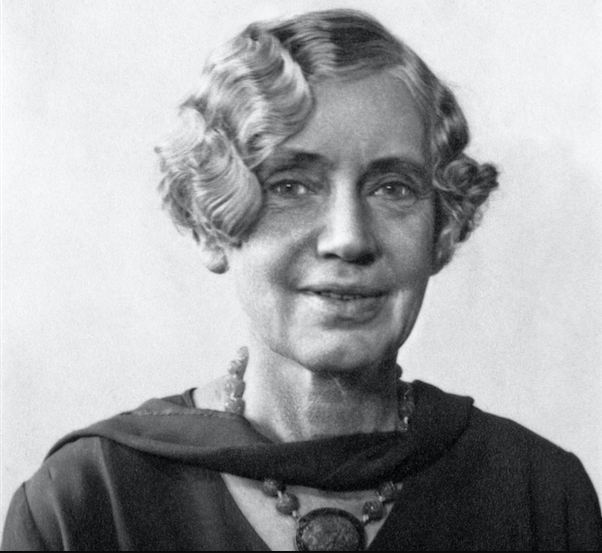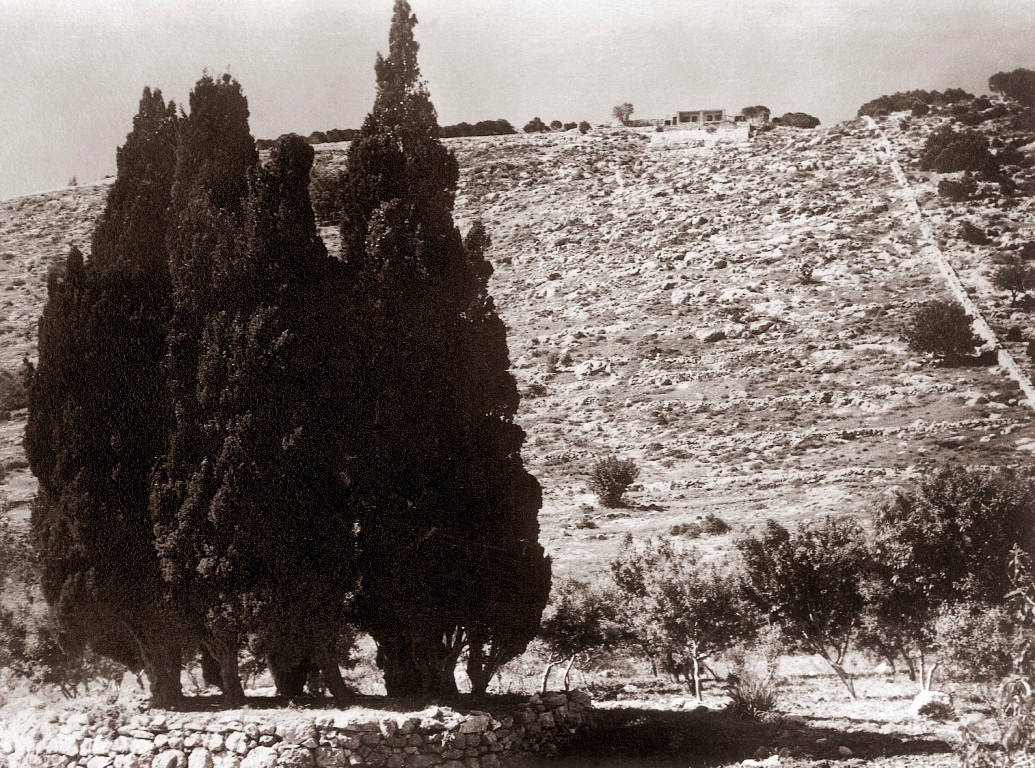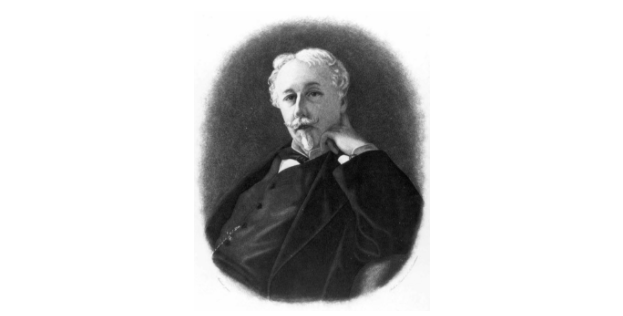
Martha Root — An Astonishing Life

Today I am at a Baha’i meeting, and I want to say thank you for the blessing of having such times in my life. To each and every soul who helps to make so many of those gatherings a veritable corner of paradise — thank you.
This morning we are reflecting on the life of Martha Root, a woman whose life was inspired and transformed by Bahá’u’lláh. We will be reading about her life as introduced on the website bahaiteachings.org. I hope you can join us in spirit and read along.
In one of his earlier works, the Hidden Words, Bahá’u’lláh observes that “words are the property of all alike” and that “guidance hath ever been given by words, and now it is given by deeds.” Martha Root’s life fulfilled this call. She distinguished herself by astonishing deeds.[1] We may reflect on her life in the context of the following statement of Bahá’u’lláh:
… is not the object of every Revelation to effect a transformation in the whole character of mankind, a transformation that shall manifest itself, both outwardly and inwardly, that shall affect both its inner life and external conditions? For if the character of mankind be not changed, the futility of God’s universal Manifestation would be apparent.[2]
So much could be said about Martha Root. It may be noted that Martha Root is one of a pantheon of outstanding Baha’i women who stand as exemplars of Baha’i life. The outstanding character of her life was recognised by the posthumous title of “Hand of the Cause of God”.
To Baha’is, Martha Root is well known as a world-encircling and indefatigable teacher of the Baha’i Faith. Jiling Yang has written a thesis on her life titled In Search of Martha Root: An American Baha’i Feminist and Peace Advocate in the Early Twentieth Century. Here we see Martha Root in the broader context of the concerns of women of the early 20th century. Martha Root met women from every culture and was universal in her approach to the women’s movement.
Jiling Yang reflects on Martha Root’s great affinity for Tahirih — the heroine martyr of the Babi Faith. Martha Root wrote a biography of Tahirih, who in 1848 publicly tore off her veil and championed the emancipation of women. Martha Root records her visit to Tahirih’s ancestral home. She was the first Baha’i from the West to do so. Let us pick up the story as Martha Root tells it:
Coming from Baghdád to Qazvin, Irán, in January, 1930, over the same caravan route which this remarkable heroine of God, Táhirih, had once traversed and entering the city where she was reared, my soul thrilled to understand her! I expressed a wish to see the home in Qazvin where she was born, but friends said it would be impossible. Her relatives are Muslims, and because formerly they were so cruelly angry with her and with the religion inaugurated by the Báb, the world has taken it for granted that this hatred of the Bahá’i Faith still exists.
The owner of the Grand Hotel where I was a guest, standing in his doorway, saw a relative of Táhirih passing. He invited him in, gave him tea and said jokingly: “Your family ought to be ashamed of yourselves. You are like the black mud out from which the white narcissus sprang! Your ancestor Táhirih is loved in every country of the world, but you people do nothing to show a sign of appreciation. I have an American guest in my hotel who is just longing to see even the house when she once lived.” The relative replied: “If she wishes to see Táhirih’s home, I’ll show it to her! ” “Oh, no you couldn’t,” said the hotel owner. “Yes, I can and I will!” responded the relative; and so it was arranged, and I went with this hotel owner and the Muslim relative out to the ancient home of this famous young woman.
It was a large old place with lovely, intricate lattice work; in its time it must have been one of the finest residences of that part of Irán. This relative showed me the women’s wing of the palace where Táhirih had been born, then he took me to a quaint artistic library on the second floor where the little girl sat and studied, the girl who later became a poet and the first woman martyr in Central Asia for the education and equality of women and laying aside the veil! He showed me the prison, the cellar of the imposing mansion where her father had imprisoned his daughter….
When I kneeled to kiss the floor of her room and to pray, the relatives all came and stood silently. They were reverent and friendly. As I stepped out from her dear room, this relative said to me: “You are the first Bahá’i who has ever come from the West to ask about Táhirih and see her descendants and her home. I replied: “No one came because he had not the courage! I tell you the truth, we were very afraid of you all! This good relative though, with tears in his eyes after the prayer said: “I am not against Táhirih, I feel it is an honor to be a descendant of such a noble family. My mother was the little sister of Táhirih.” He came back with me to the hotel and we had a long talk, and on that day was begun a true friendship between a descendant of Táhirih and a Bahá’i from the West; in the tender, holy memories of Irán it is sweet to me to see this splendid kindly lawyer, the relative of Táhirih, standing with the Bahá’is saying “Alláh-u-Abhá!” to me as I motored out from Irán; spiritually as well as physically he seemed to be standing with them and in that instant as though a symbol of the perfect unity, a rainbow gorgeous and bright came into the sky above us![3]
Image Credits: Martha Root (1872-1939) http://media.bahai.org/detail/0518084
This article is the 38th in a series of what I hope will become 200 articles in 200 days for the 200th anniversary of the birth of Bahá’u’lláh. The anniversary is being celebrated around the world on 21 and 22 October 2017. The articles are simply my personal reflections on Bahá’u’lláh’s life and work. Any errors or inadequacies in these articles are solely my responsibility.








One Comment
Mahmoud
Thank you. For those who ponder the claim of Bahá’u’lláh, here is Ms. Root as proof.